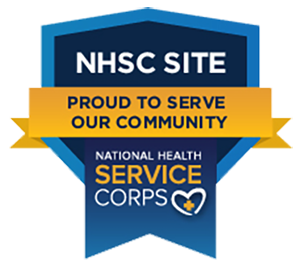July 2020: Eat the Rainbow with Petaluma Bounty and Story Time with Colors of Spanish
July 11th at 10 AM: Eat the Rainbow with Petaluma Bounty
July 25th at 10 AM: Story Time with Colors of Spanish
Family Wellness Series - English
July 2020: Eat the Rainbow with Petaluma Bounty and Story Time with Colors of Spanish
July 11th at 10 AM: Eat the Rainbow with Petaluma Bounty
July 25th at 10 AM: Story Time with Colors of Spanish

©2019 Petaluma Health Center
1179 North McDowell Blvd
Petaluma, CA 94954
Petaluma Health Center sites are Federal Tort Claims Act (FTCA) deemed facilities. Petaluma Health Center is a 501 (c)3 non-profit community-based Federally Qualified Health Center (FQHC) offering comprehensive medical, dental, mental health, and specialty healthcare services. PHC is a Health Center Program grantee under 42 U.S.C. 254b, and deemed Public Health Service employee under 42 U.S.C. 233(g)-(n).





